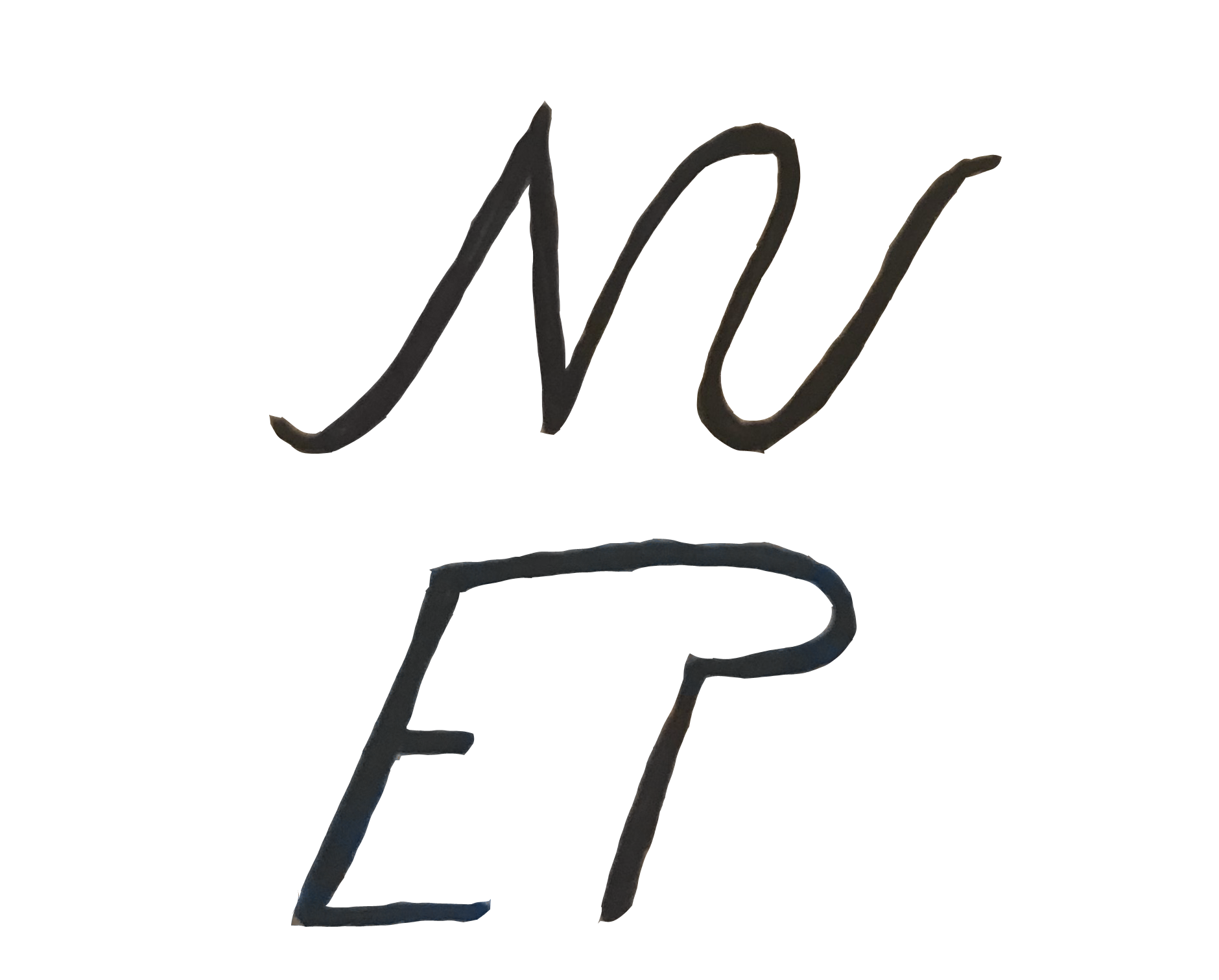Are voices of the future drowned by reader comments?
Hateful comments and personal attacks based on age, gender, and background: This is the unfortunate reality found in today’s comment sections. The number of people trolling has prevented from speaking up remains unknown, but as it continues to target minorities and underrepresented groups, internet tolls pose a threat to diversity in the media. Despite this, many victims of trolling still support open comment sections. Among them are three young, female climate activists: Synne Trygstad, Oda Sofie Pettersen, and Vårin Sinnes.
SYNNE
LEADER OF NATURE AND YOUTH KRISTIANSAND.
ODA SOFIE
GREEN PARTY ORGANISATIONAL ADVISOR.
VÅRIN
LEADER OF GREEN YOUTH ROGALAND.
In 2016, research by The Guardian made it clear what many predicted, women have a significantly higher risk of being exposed to online harassment than men. The study also found that POC and minorities were particularly targeted. This is the main concern of Synne Trygstad, 19: “The public discussion must include more voices of people with a minority background. Unfortunately, these are especially prone to hateful comments.”
Oda Pettersen, 20, says negative comments have taken an emotional toll on her and knows people hesitate to speak up for the same reason: “I’ve seen especially a lot of young people avoiding participation in political debates because they can’t handle the amount of negativity it involves.”
There is also a lack of diversity in the comment section itself, as men who have not experienced marginalisation tend to be more confident in their voice and are therefore more likely to speak up. “It’s interesting to think about who’s silencing who. I can’t remember receiving any disrespectful comments from women, only middle-aged, white men,” says Vårin Sinnes, 20.
While it is clear that online trolls are discouraging people from expressing their opinion, Trygstad does not think they necessarily undermine the purpose of an article despite attempting to shift the focus and belittle the writer. “Sometimes it seems like comments from angry adults, just prove the point young climate activists are trying to make: The older generation doesn’t understand the seriousness of the situation,” she says.
When debating climate, young people face especially much harassment in the comment sections. Pettersen, 20, explains: “Many think I shouldn’t be involved in politics because young and inexperienced people shouldn’t speak on behalf of the population. But I think the opposite because the youth is underrepresented in our democracy.”
The three activists do not engage with trolls themselves but how should the news outlets respond? Many have published guidelines, dedicated teams to moderation work, and provided tools for reporting inappropriate comments. Others have disabled their comment sections entirely. The activists argue that comment sections should be open because they have the potential to enrich journalism through debate, but they also emphasise the importance of regulation.
“Comments should be regulated and monitored by journalists so that only constructive comments are left untouched. There should also be guidelines everyone has to read before publishing a comment,” says Pettersen. Sinnes, on the other hand, thinks the main issue is not a lack of guidelines, but rather resources allocated towards making sure the guidelines are followed. “If we want the voices of the future to be heard, comment regulation needs to be prioritised,” Sinnes concludes.
Cover photo by @odaspettersen
Illustrations by @zsofimayer
Related content
The start of a worldwide wave of strikes for the future.
In memory of George Floyd: Racial Injustice in the criminal justice system.
Teens explaining the reasons why they are joining the climate strikes.
Seven women talk empowerment, role models and women’s rights.








